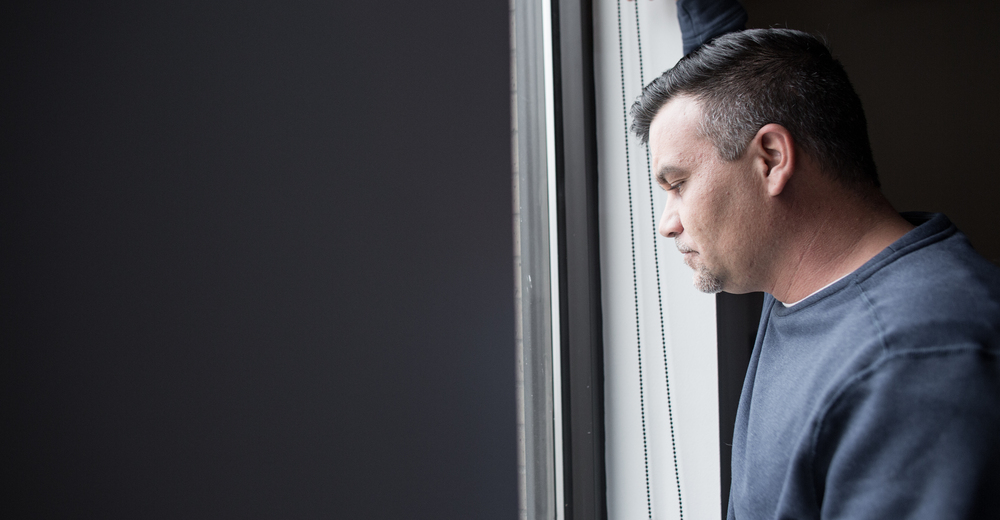Suicide Prevention: Help and Hope Are Available
Suicide is the 10th leading cause of death in the United States. More than 47,500 Americans died by suicide in 2019, and there were more than 1.3 million suicide attempts that same year. In Iowa, the suicide rate has increased each year since 2000. In the first year of the millennium, there were 286 suicide deaths in the state. By 2020, that number had nearly doubled, according to Iowa Department of Public Health data. These statistics are serious, and so, too, is the brain health of anyone who has thoughts of suicide. Untreated brain health stressors can be an underlying factor. In fact, according to Mental Health America, the most common mental health disorders that lead to thoughts of suicide are depression and bipolar disorder, which account for 30 to 70 percent of suicide victims.
September is National Suicide Prevention Awareness Month, and Sept. 10 is World Suicide Prevention Day. Iowa’s Mental Health and Disability Services (MHDS) Regions want to share that help is available to any Iowan struggling with thoughts of suicide — and that resources are available that can help save lives locally.

A Confidential and Listening Ear
Research shows that an individual’s suicidal thoughts may decrease if they are compassionately asked how they are doing. Each MHDS Region has brain health experts who can lend a caring and listening ear and can connect Iowans to local providers who can treat brain health disorders to prevent suicide. MHDS Regions’ experts can direct clients to a variety of inpatient and outpatient resources focused on an individual’s health, including their brain health. These resources are chosen to help maintain or improve the individual’s psychological, emotional and behavioral health. Services also can prevent conditions that might create problems for that individual or their family or community.
Hotlines Help
If you need help immediately, want to talk to someone about brain health resources in your area or simply don’t know where to turn, call or text a crisis line.
- Your Life Iowa Crisis Line: Call 855-581-8111 or text 855-895-8398
- National Suicide Prevention Lifeline: Call or text 988
Individuals are ready to lend a listening ear and provide resources 24 hours a day, seven days a week. If your or a loved one is in crisis, call the Your Life Iowa Crisis Line and ask for mobile crisis services.
Mobile Crisis Services
Iowans in every county have access to mobile crisis services to receive immediate care in an emergency, such as if an individual is contemplating suicide. Through mobile crisis services, trained brain health experts can meet via telehealth or travel to an individual wherever their crisis is occurring — whether it’s at home, at work or in school — to provide caring and confidential support. This free service ensures that Iowans receive care in a familiar environment. Response teams arrive in an unmarked car so callers may be more comfortable asking for help. Trained mobile crisis providers are best equipped to de-escalate brain health issues so individuals may be able to avoid being treated in a hospital in the immediate future where they might feel isolated, forgotten and even more anxious. Mobile crisis numbers are available for each region.
9-1-1
As in all emergencies, if someone is on the brink of suicide and is at the point where immediate assistance is crucial, calling 911 is the quickest way to seek help.
For more information on suicide prevention and awareness and where to turn to for help, reach out to your local MHDS Region.